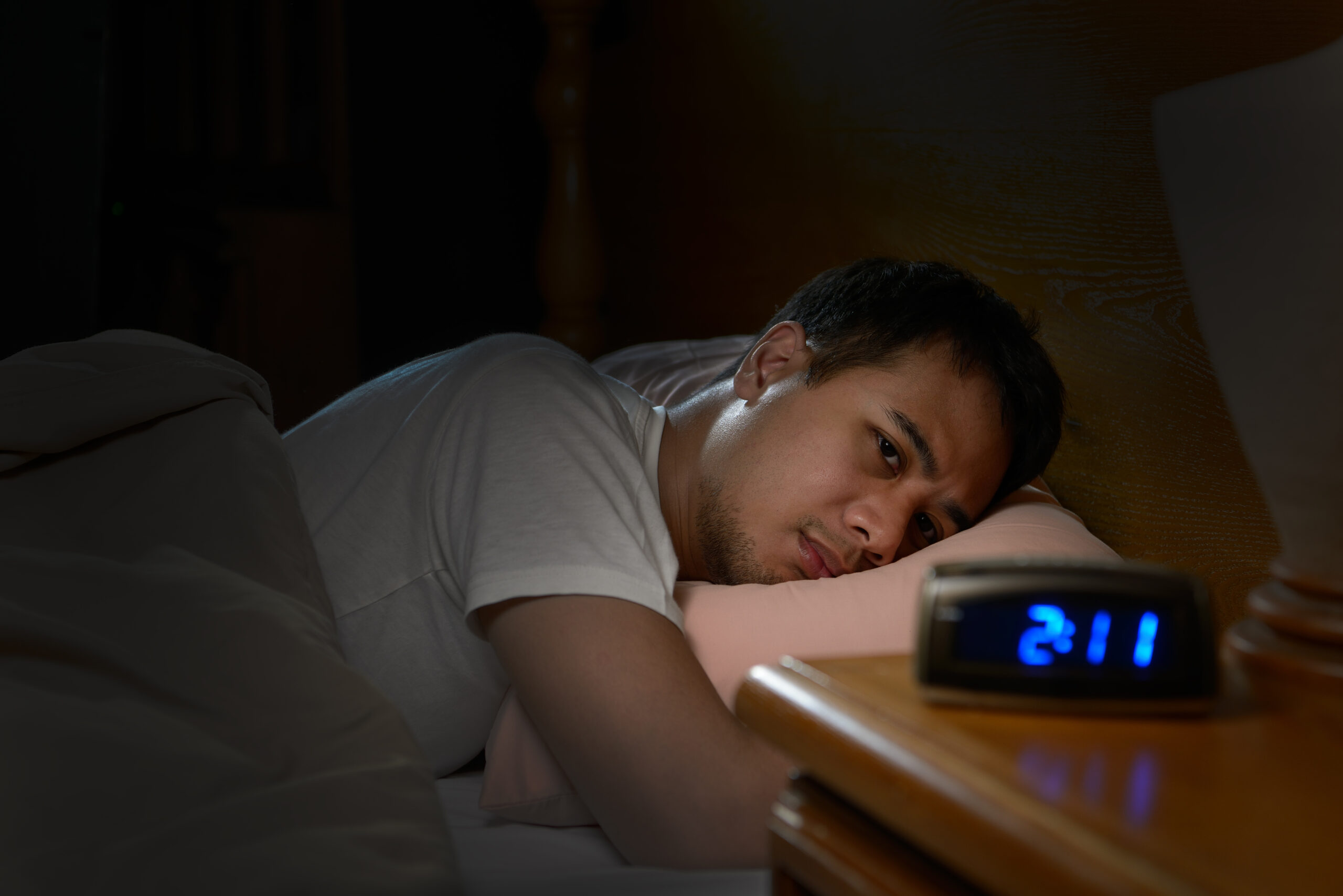Four ways smoking impacts your sleep
1. Changes to your body clock
Your body has a natural 24-hour cycle called the ‘circadian rhythm’. It acts as an internal clock, helping our bodies know when to rest.
Research from the University of Rochester Medical Centre in 2013 found that smoking tobacco can change the genes responsible for this internal clock in your lungs and brain, leading to disrupted sleep patterns which make it harder to get a restful sleep. They also found that the problem worsens with more tobacco exposure.
2. Waking up during the night
A study by Johns Hopkins University compared the sleep habits of 40 smokers and 40 non-smokers. Only 5% of the non-smokers reported having restless sleep, but 22.5% of the smokers said they struggled with it. Smokers are also likely to wake up during the night craving a cigarette.
3. Trouble falling asleep and feeling unsettled
Nicotine is a stimulant that releases dopamine, making you feel more alert. This is similar to the effect of caffeine. Smoking close to bedtime can make it harder to fall asleep and reduces the quality of your rest too.
A study from the University of Florida found that every cigarette your smoke reduces your total sleep time by around 80 seconds. Over a night, this adds up and can leave you feeling tired the next day.
4. Insomnia
Insomnia is when someone regularly struggles to sleep. Symptoms include:
- Difficulty falling asleep
- Waking up often during the night
- Feeling tired during the day
According to the National Sleep Foundation, insomnia can be caused by a mix of medical conditions and lifestyle habits. Because nicotine keeps you alert, it can make it harder to fall asleep, increasing your risk of insomnia.

